 |
| February 11, 2020 |
Dear Reader,
Today we're celebrating the International Day of Women and Girls in Science. Women have long been denied equal opportunity in economics, politics, education and health care. Progress has been made in recent decades, but major gaps remain. Our latest special issue—which hits newsstands today and is available to read online—shows why women's equality, health, wealth and safety matter to everyone. In our February issue, columnist Wade Roush explains that people are already experiencing an augmented view of the world through their smartphones. Elsewhere in tech news, researchers are working on AI that can accurately predict an antidepressant's efficacy based on a patient's brain activity. And lastly, the disease caused by the new coronavirus has been given a name: Covid-19. |
| | Sunya Bhutta, Senior Editor, Audience Engagement
@sunyaaa | |
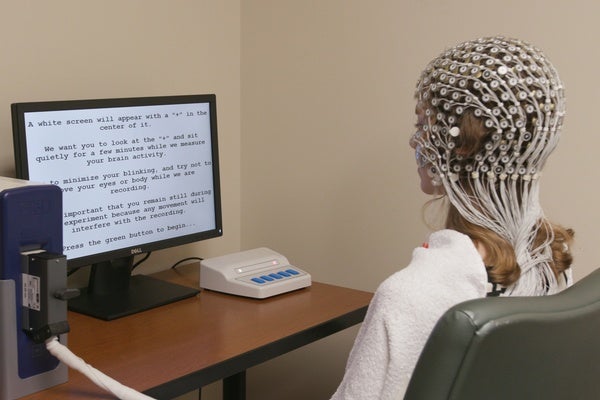 |
| |
| |
| |
| |
| |
| |
FROM THE STORE
 | | | |
| |
FROM THE ARCHIVE
 | | | |
| |
| |
LATEST ISSUES
 |
| |
| Questions? Comments?  | |
| Download the Scientific American App |
| |
| |










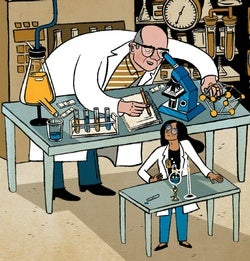
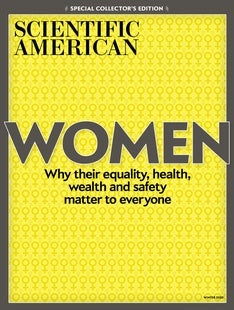


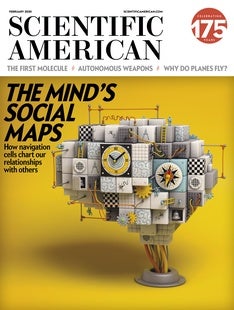
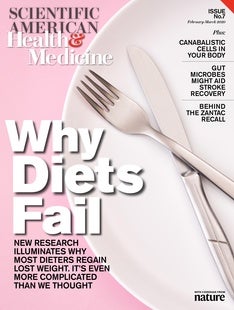



Comments
Post a Comment